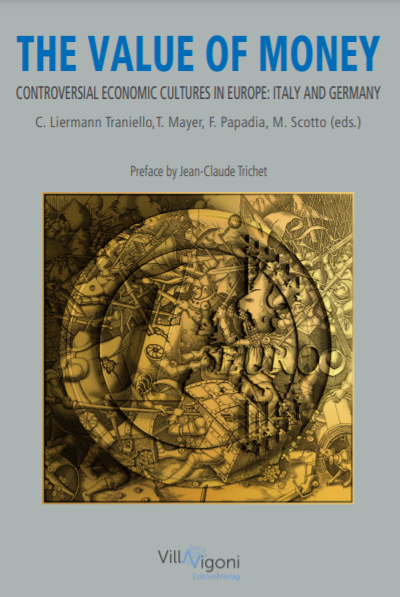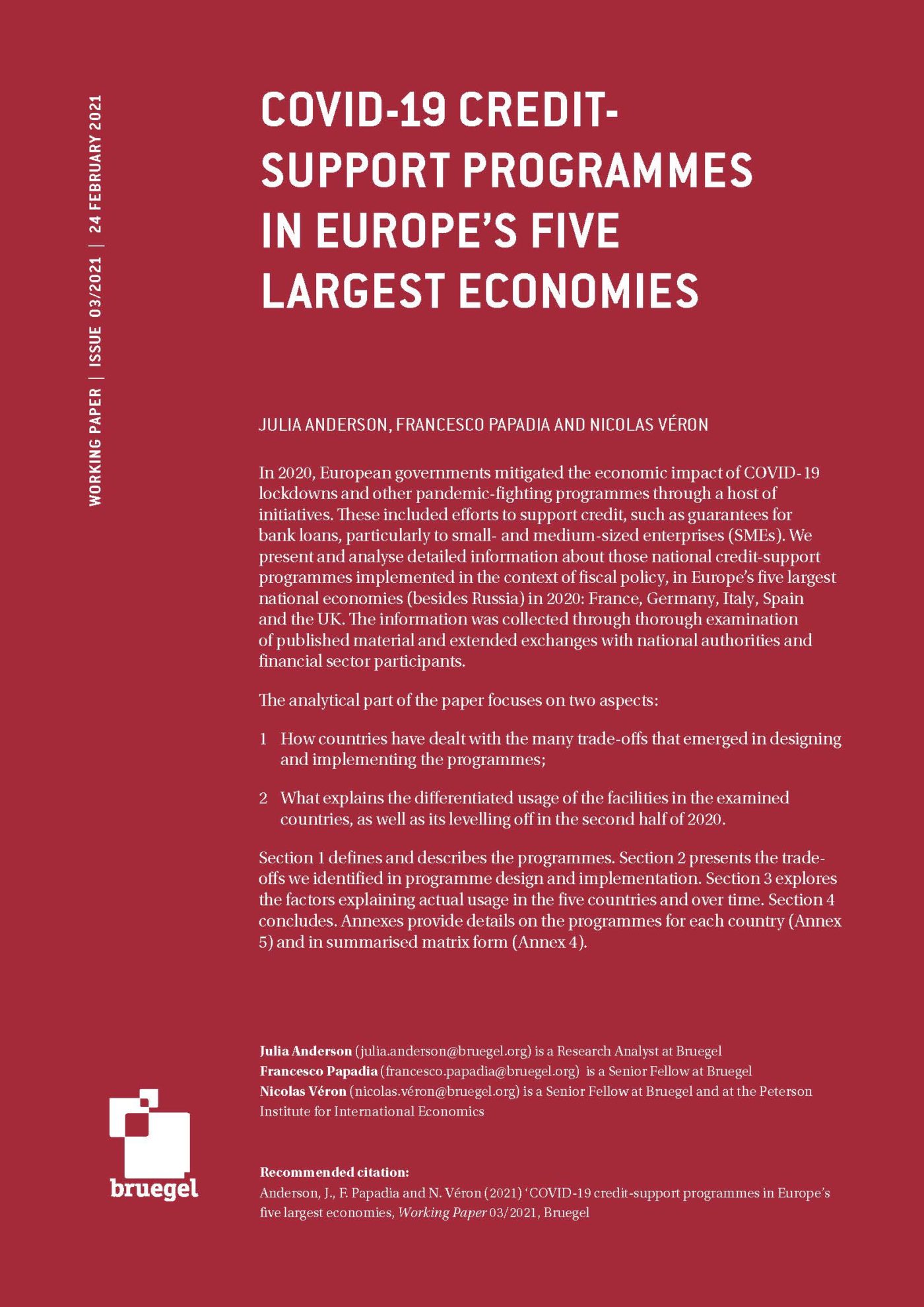Blog Post
A crazy idea about Italy
Italy needs growth in nominal GDP to stop its debt burden from rising any further. It also needs to reform its economy, raise its productivity and boost its labour force to do this in a lasting way. But as long as it remains a member of the euro system, there'll be no aid from a devalued currency. This means it needs Germany's help.
I’ve spent a good deal of my 35 years as an economic and financial analyst puzzling over Italy. Studying its economy was my first assignment in this business — as a matter of fact, Italy was the first foreign country I ever flew to. I’m just back from a vacation in Puglia and Basilicata. Over the decades, the question has never really changed: How can such a wonderful country find it such a perpetual struggle to succeed?
Over the decades, the question of Italy has never really changed: How can such a wonderful country find it such a perpetual struggle to succeed?
All the while, Italy has pitted weak government against a remarkably adaptable private sector and a particular prowess in small-scale manufacturing. An optimist by nature, I’ve generally believed these strengths would prevail and Italy would prosper regardless. In the days before Europe’s economic and monetary union, though, it had one kind of flexibility it now lacks: a currency, which it could occasionally devalue. These periodic injections of stronger competitiveness were a great help to Fiat and other big exporters, and to smaller companies too.
The rest of Europe had mixed feelings about this readiness to restore competitiveness through devaluation — meaning at their expense. When discussions began about locking Europe’s exchange rates and moving to a single currency, opinions divided among the other partners, notably Germany and France, on what would be in their own best interests. Many German conservatives, including some at the Bundesbank, doubted Italy’s commitment to low inflation, which they wanted to enshrine as Europe’s chief monetary goal. On the other hand, leaving Italy outside the euro would leave their own competitiveness vulnerable to occasional lira devaluations.
In the end, of course, the decision was made to bring Italy in. The fiscal rules that were adopted at the same time — including the promise to keep the budget deficit below 3 percent of gross domestic product — can be seen as an effort to force Italy to behave itself. Now and then I wondered if some saw them as a way to make it impossible for Italy to join at all. In any event, Italy found itself doubly hemmed in, with no currency to adjust and severely limited fiscal room for maneuver.
Between 2007 and 2014 Italy has done better than most in keeping its cyclically adjusted deficit under control, yet its debt-to-GDP ratio has risen sharply
The results haven’t been good. It’s ironic that between 2007 and 2014 Italy has done better than most in keeping its cyclically adjusted deficit under control — yet its debt-to-GDP ratio has risen sharply. The reason is persistent lack of growth in nominal GDP, itself partly due to an overvalued currency and tight budgetary restraint.
Italy is the euro area’s third-largest economy and its third-most populous country. Given this, the scale of its debts and everything we’ve learned about Europe’s priorities during the creation of the euro and since, I’ve always presumed that, in the end, Germany would do whatever was necessary to protect Italy from the kind of financial blow-up that hit Greece in 2010. Now I am starting to wonder.
Italy needs growth in nominal GDP to stop its debt burden from rising any further. Yes, it also needs to reform its economy, raise its productivity and boost its labour force to do this in a lasting way. But as long as it remains a member of the euro system, there’ll be no aid from a devalued currency.
This means it needs Germany’s help — not just through greater fiscal flexibility, which is essential, but also through a rise in euro-area inflation back to the European Central Bank’s target of "below, but close to, 2 percent." It will be almost impossible for the euro area to do this unless Germany itself sees consumer-price inflation rise to that rate or higher.
Come to think of it, perhaps Italy could impose a punitive tax on German tourists? I know. That would be crazy
As I travelled around Italy on this latest trip, I imagined a different kind of Germanic rigidity. How about a zero-tolerance approach to inflation that falls below target? Perhaps German citizens should pay an extra tax each year the country experiences inflation that is below but not close to 2 percent — with the penalty increasing in proportion to the shortfall? The proceeds could be distributed to countries with a cyclically adjusted fiscal deficit of less than 3 percent and less-than-trend GDP growth. Come to think of it, perhaps Italy could impose a punitive tax on German tourists?
I know. That would be crazy. But would it be any crazier than insisting on an arbitrary fiscal-deficit rule, unadjusted for the economic cycle — or letting demand fall so low that Europe misses its inflation target by a mile, and in a way that condemns Italy and others to endless recession? I’d say it’s a close call.
Republished with permission from Bloomberg View
Read also on Italy:
Austerity Tales: the Netherlands and Italy
"It’s true, Italy breaks your heart"
Republishing and referencing
Bruegel considers itself a public good and takes no institutional standpoint. Anyone is free to republish and/or quote this post without prior consent. Please provide a full reference, clearly stating Bruegel and the relevant author as the source, and include a prominent hyperlink to the original post.









